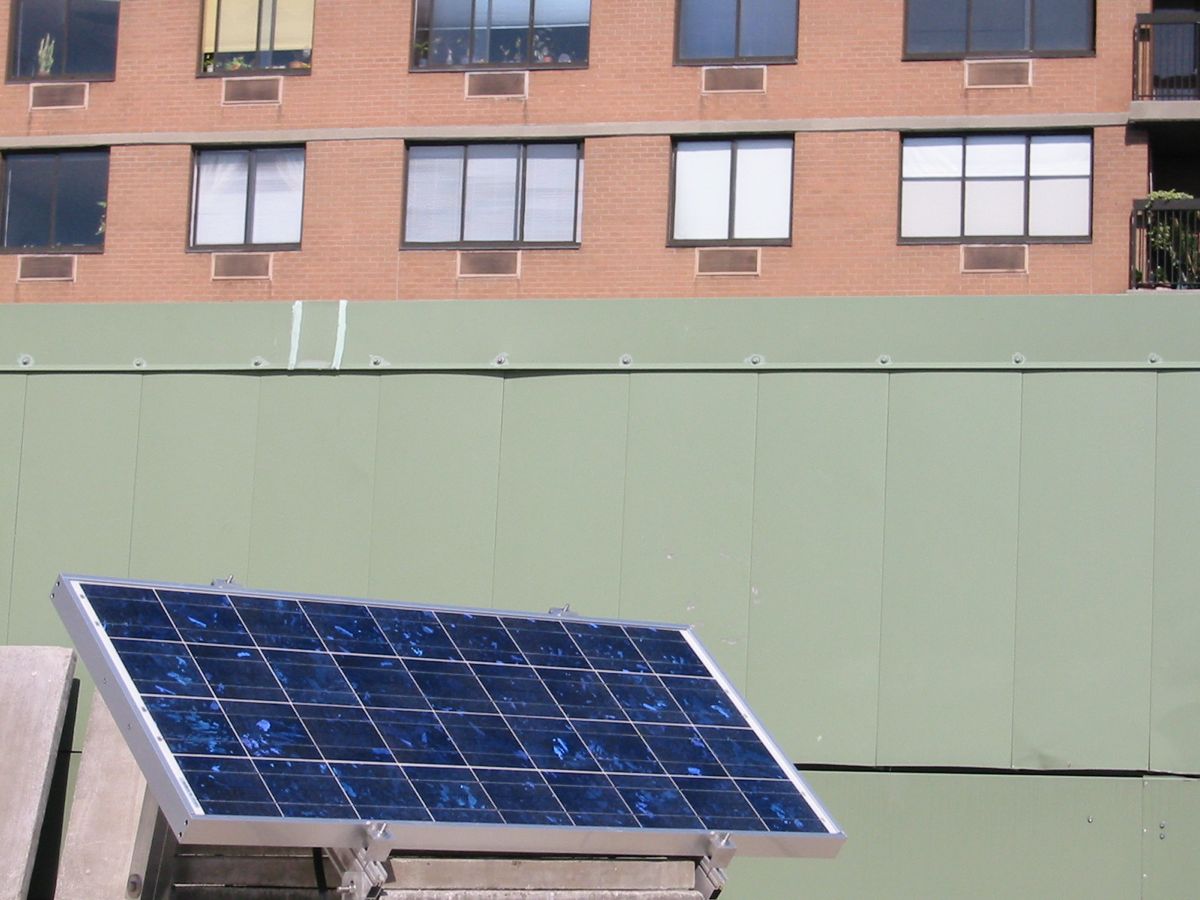Go to: Weekly Syllabus
Course Description
[H79.2466.1]This class examines technology from the perspective of energy sources and power flows. The course begins with a broad overview of the topic, a definition of terms, and an opportunity to discuss political and social ramifications. At the same time, students are introduced to a handful of technical concepts that draw on skills learned in physical computing (a prerequisite for the course) to gain a concrete understanding of energy. These skills allow the student to evaluate, monitor, harvest, and store small and/or intermittent sources of (typically electrical) energy, such as those from solar cells, turbines, and other sources. Students execute several small hands-on projects and one larger scale project using the concepts learned in the class.
Contact
jfeddersen [at] gmail [dot] com
Goals
1. Develop a broad perspective and nuanced understanding of energy sources and flows.
2. Become well-versed in the current state of the art in energy conversion and storage, as well as relevant near- and far-term technologies.
3. Gain the skills necessary to create projects utilizing ambient energy supplies, and to measure and monitor the energy usage in those projects.
4. Develop a midterm and final project using renewable energy supplies.
Student Documentation
Documenting the work of this class in an online format is required. At a minimum, presentation materials for your weekly discussion and projects (kinetic, solar, and final) should be online by the time they are presented. You may provide additional documentation (e.g. of process, etc.) as you see fit. How/where you put the documentation is up to you, but please provide a single link from which I can access any of your work for this class, and only the work for this class. That means if you’re using a blog, for example, set up a category or tag scheme so there is a single-page archive of all class-related entries. It’s too easy to miss documentation when it is mixed in with all your other work.
Student documentation links
Assignments
Consistent Participation [25%]
Your active and engaged participation in the course is vital, as is your on-time attendance. Readings and additional materials will be discussed in each class, and you should be prepared and familiar with the topics at hand. Small weekly assignments will be posted each week on the syllabus which will inform in-class discussions.
Weekly Discussion [15%]
Each student will sign up to lead an in-class discussion of an energy-related topic of their choice. The subject could be just about anything, but you should:
- research your topic, citing sources
- place energy and power numbers in perspective, using the SI units we use in class, and
- document your topic to serve as a class reference
Midterm project [25%]
Create a device that performs a function (useful, ridiculous, or in between), without primary batteries and without plugging in. Midterms will be presented in week 6 (March 5th).
Final Project [35%]
Working throughout the semester you will conceive, execute, and present a larger project. This project will be done individually or in groups of two to three. You are encouraged to use the department’s portable solar kits. Details will be provided in the syllabus, and we will collectively develop meaningful constraints for the project at the beginning of the semester.
Readings
Energy: A Beginner’s Guide
Vaclav Smil
2006, Oneworld Publications
ISBN: 978-1851684526
We’ll be using this excellent text as a the main reading for the course. It provides a wealth of technical detail in a cross-disciplinary context. Smil has published a number of other works on the topic. It should be available through the NYU bookstore for about $15.
Barnes & Noble and Amazon have it for a less.
There will be additional reading materials assigned throughout the course. Details will be provided in the syllabus.
Office Hours
TBD
ITP Resources
Sustainability wiki
Physical computing wiki
Solar Resources Page
Archive
Spring 2011, Spring 2010, Spring 2008, Spring 2007 and Fall 2004.
